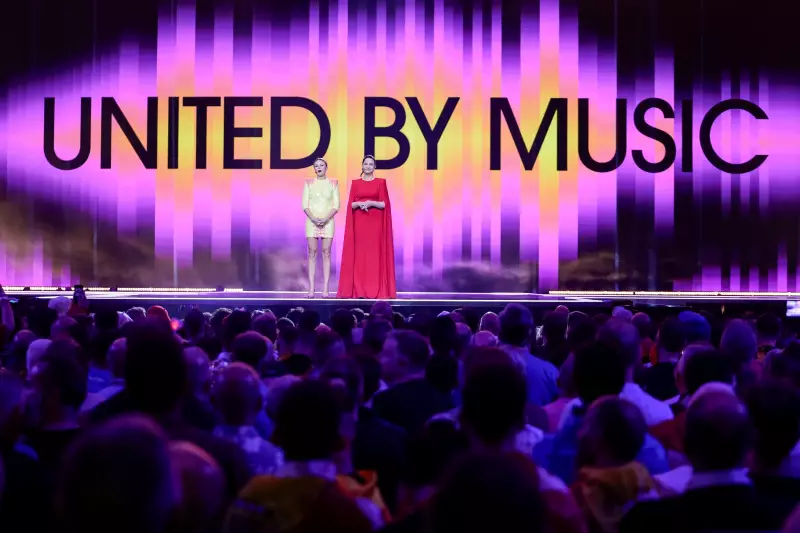
In a move that's sending shockwaves through the international music community, Canada is seriously considering throwing its hat into the Eurovision ring. The potential participation of the North American nation in the world's largest televised music competition has generated both enthusiastic support and vocal opposition from fans worldwide.
A Transatlantic Musical Invasion
The iconic Eurovision Song Contest, traditionally featuring European countries along with occasional participants from Australia and Israel, might soon welcome its first North American competitor. Canada's exploration of Eurovision participation represents a significant expansion for the competition that has captivated audiences for nearly seven decades.
Mixed Reactions from the Eurovision Community
Initial reactions to Canada's potential entry have been dramatically divided. Eurovision purists argue that the competition should remain primarily European, while progressive voices welcome the inclusion of another musical powerhouse.
The applause comes from those who recognize:
- Canada's impressive track record of producing international music stars
- The fresh musical perspectives Canadian artists could bring
- The opportunity to expand Eurovision's global footprint
Meanwhile, the boos echo concerns about:
- Diluting the European character of the competition
- Setting a precedent for more non-European participants
- Potential competitive advantages for musically strong nations
Canada's Musical Credentials
With a rich musical heritage that has given the world artists from Leonard Cohen to Drake, The Weeknd to Joni Mitchell, Canada certainly boasts the artistic credibility to compete on the Eurovision stage. The country's diverse music scene, spanning multiple languages and genres, could provide exactly the kind of eclectic entertainment Eurovision fans adore.
What's Next for Canadian Eurovision Dreams?
While discussions are ongoing, the possibility of seeing the maple leaf on the Eurovision stage has already ignited passionate debates across social media and fan forums. The final decision rests with both Canadian broadcasting authorities and the European Broadcasting Union, who must navigate the complex logistics and political considerations of transatlantic participation.
One thing is certain: the mere possibility of Canadian involvement has proven that Eurovision remains as relevant and controversial as ever, capable of generating heated discussions about national identity, musical quality, and the evolving nature of international cultural competitions.





